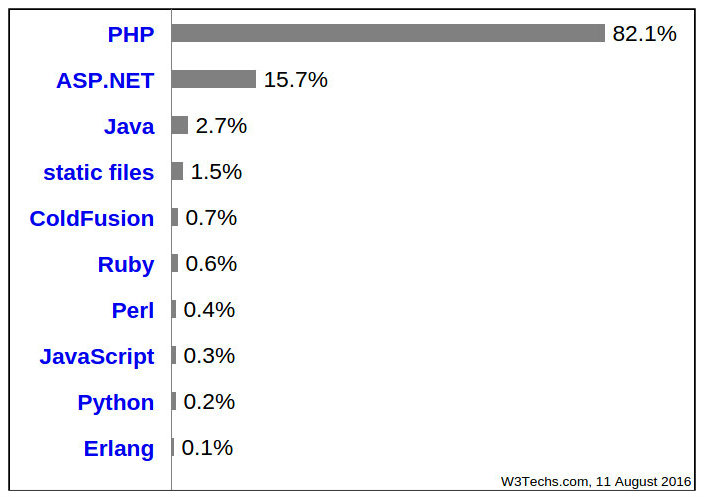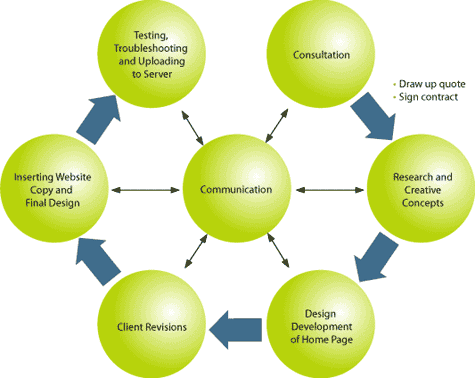One question.
What’s your requirement for the enterprise app?
Well, defining the exact prerequisites is difficult before app development truly starts. But, in general, the enterprise apps must be Dynamic, Scalable, Reliable, Simple, Secured, has intuitive Interface and so on.
However, there are more factors considered such as business goals, concurrent users’ support, performance, ease of use, and where it will be deployed.
Once, everything is finalized. The next big thing to decide is which technology, tools, frameworks, and APIs should be used to engineer a business app that quickly respond and deliver unmatched experience to the users.

The topic is debatable. As, emerging technologies and new upgrades are creating a lot of noise in the market. It makes the decision difficult.
Instead, PHP completely justifies the “Old is Gold” statement. The programming language is created in 1994 as a server side scripting language to build dynamic and interactive applications.
It is widely adopted, used and sometimes become an alternative to Microsoft's Enterprise ASP.NET core development company.
According to the W3techs, “82.1% of all the websites using PHP as their server-side programming language.”

Are you interested in knowing how the apps are developed using PHP? Click here to know more.

But why PHP is preferred? What’s unique with PHP development? Why the market is leaning towards PHP?
Oops! So many questions…
But, we have answers to each one. Dig deep through all the reasons illustrating why PHP stacks up:
1) Great performance:
The app performance is highly influenced by the language runtime. In PHP, the runtime uses interpreted compilation strategy that leads to optimized code execution.
Using Apache server, PHP enables application to leverage MySQL database and serve the features that are required to be a part of the app.
Also, the huge standard library, myriad of extensions, and their smooth integration with various CMS enable fast turnaround times. The quick turnaround time of PHP enhance the app performance.
2) Level of security:
For enterprise level applications, the data security stays at the core of app development. Not just PHP, while all the enterprise languages have security loopholes that arise when the app is under-development and that can be fixed by taking the right decisions.
Actually, the reason is programming languages are not liable for the bad coding or poorly designed UI. Same is the case with PHP. It’s also not security deficient. So you can bank on PHP to build secured enterprise app.
3) Extensibility:
PHP supports multiple architectural layers that are created for building enterprise apps. These layers allow PHP to manipulate HTML, choose any template system and manage the HTTP session hassle-free. The library of extensions allows PHP to connect CORBA, COM+, and .NET servers with great ease.
All these power-up the PHP to extend the app functionality in no more time and efforts.
4) Interoperability:
All are familiar with PHP history. The language is designed to work in Linux, but it did not run well in a threaded environment and also poorly performed in the Windows environment.
After a series of upgrades, the language start supporting platform diversity. Yes, the code written in PHP would run across all the platforms, so businesses can cost-effectively use existing infrastructure, any platform and interface the website with Apache or MySQL.
The challenges with PHP development that developers face:
- The programming language is easy to learn and comprehend, but mastering it is a hard nut to crack.
- PHP development agility impact application efficacy.
- The consistency in PHP’s APIs is absent.
Epilogue
PHP is making inroads into the realm of Enterprise application development. Its wide use is the evidence of its usability and functionality. Plus, add-ons, large library, an array of extensions, diverse frameworks and vast community support, make the language most preferred.
So what’s your opinion? Do you already use PHP? Or planning to leverage the language? Does your research or experience find the programming language reliable? Let’s share your views in the comments below.